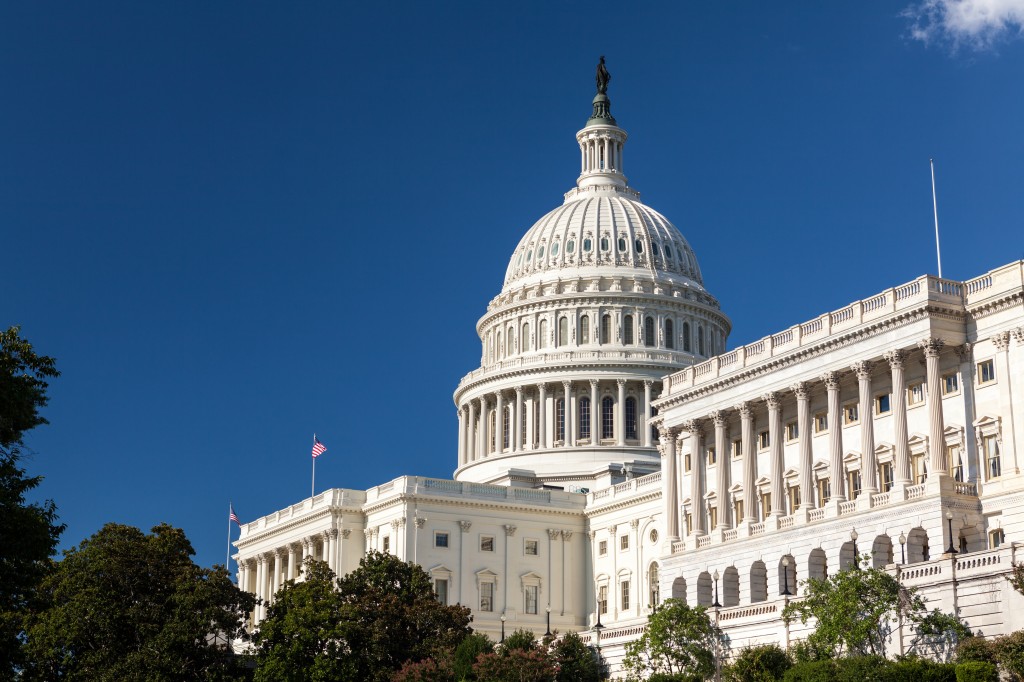
Protecting both LGBT youth and FBOs
(Stanley Carlson-Thies)
What should Congress do to ensure that homeless, runaway, or trafficked LGBT youth are treated with respect when they turn to federally funded services for help? Sponsors of a bill to reauthorize the Runaway and Homeless Youth Act (RHYA) are advocating a nondiscrimination requirement that will drive out some excellent faith-based providers. There is a better way.
RHYA provides federal funding for various services needed by youth who might otherwise end up on the street or be caught up in human trafficking. In calling for the funding to be renewed and the program to be improved, many advocates for LGBT rights and supporters of the RHYA program, and many of the grantees that receive RHYA funding, have called for the addition of an extensive nondiscrimination clause to the law. They point out that LGBT youth are especially at risk to be homeless and to be trafficked and ought to be protected against abusive treatment by RHYA service providers
But the nondiscrimination clause in the reauthorization bill (S. 262) goes far beyond protecting vulnerable youth, and even goes against ensuring that they have excellent and respectful services. Instead of being focused on the need of the homeless, runaway, or trafficked youth to receive services with dignity, it is written in sweeping terms so that its restrictions apply also to the internal operations of any organization that receives any of the federal funds. It even applies to programs they operate that use none of the federal funds and that have nothing to do with RHYA youth.
Thus, if the clause becomes law, a faith-based agency that considers religion in staffing decisions would be acting in violation of the law even though religious hiring is protected by the 1964 Civil Rights Act. And a faith-based organization that, say, offers privately funded marriage preparation classes to husbands and wives, consistent with the convictions of its religious tradition, could be charged with discrimination because those classes do not teach same-sex marriage. But such classes have nothing to do with federal RHYA funding or with runaway youth.
That overreach into the internal operations of faith-based organizations and into their privately funded programs will likely drive out some of the federal government’s current faith-based partners: faith-based providers that are in the program because of the excellence of their services as demonstrated in the competition for funding. In the name of protecting LGBT youth, the federal government could well end up having to fund less-qualified organizations.
Additionally, some of the versions of the RHYA nondiscrimination clause even seek to apply all of these restrictions to a very large swath of federal funding outside of the RHYA program—to all of the grant programs administered by HHS’s Administration for Children and Families. That would apply the restrictions to faith-based organizations providing a wide range of programs: child care, marriage strengthening, abstinence education, welfare services, refugee resettlement, and more and more.
Proponents of the nondiscrimination clause may doubt the capability of a religious organization with traditional sexual ethics to effectively serve vulnerable youth who are struggling with their sexual identity. Or proponents may simply be unaware of the negative consequences of this language for faith-based providers. Whatever the reason, the overly broad clause will damage, rather than improve, services. The challenge for faith-based organizations is to make clear, again, to policymakers and to the public that it is their religion that calls them to do justice to the vulnerable. It is out of their faith-driven convictions about human dignity that religious organizations daily serve with excellence and respect people who do not share their faith or moral convictions. Religious organizations are the pioneers of many human services and currently provide—on their own or in partnership with governments—a wide range of services to everyone needing help. Religious organizations serve everyone because of, not despite, their deep religious convictions.
Congress should scrap the misguided nondiscrimination clause that has been proposed. Instead, it should add to the RHYA program a simple new rule that is focused on addressing the specific problem that advocates for the homeless, runaway, or trafficked youth are concerned with. Here’s the language that will protect the vulnerable youth while not driving out of partnerships excellent and respectful faith-based organizations:
“Nondiscrimination: Grantees will serve every eligible person within the limits of the approved program design and the government funding made available.”
Substituting this focused clause for the misguided language that has so far been proposed will allow Congress to overcome the roadblock that has kept the RHYA program from being improved and reauthorized.
